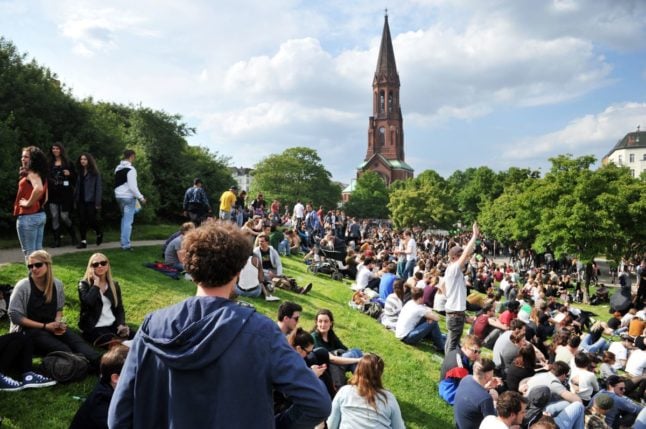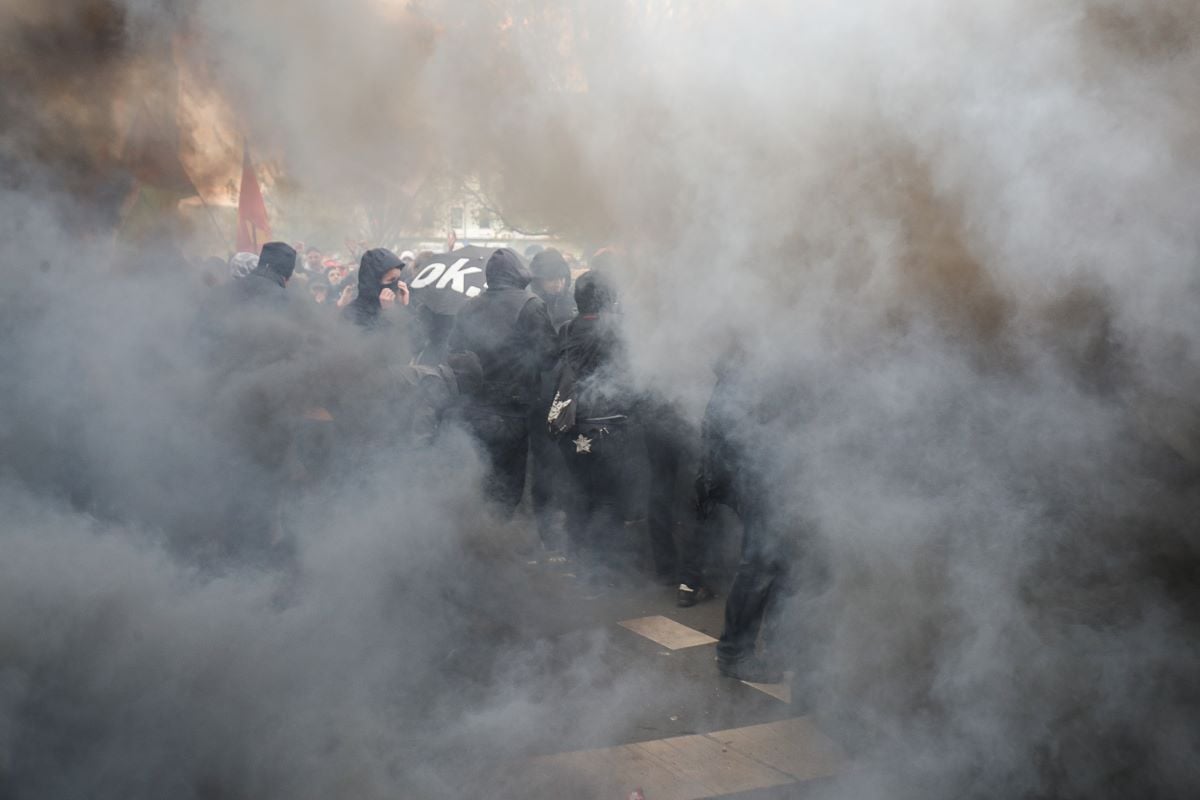In recent years, Germany has become so notorious for its faulty cell phone coverage – even within some urban centres – that the word Funklochrepublik (mobile dead zone republic) has often been nominated as the country’s word of the year.
READ ALSO: New map shows Germany’s ‘mobile dead zones’
While the “mobile phone reduction right” (Mobilfunk-Minderungsrecht) – which gives customers the right to money back should their mobile network not be as fast as promised by the provider – has been in force since the end of 2021, the tool needed to enforce it hasn’t been available.
But that’s set to change this year: the Federal Network Agency has announced that it intends to make the monitoring tool (Messtool or Überwachungsmechanismus, surveillance mechanism) available in 2024, it told DPA.
How can customers receive a reduction?
In December 2021, Germany’s revised Telecommunications Act came into force, strengthening the position of consumers vis-à-vis their internet providers.
In the product information sheet for mobile phone contracts, providers must state the estimated maximum download and upload speed.
If there are “significant, continuous or regularly recurring deviations” between the contractually agreed and actual performance, the consumer is entitled to an early cancellation or a lower monthly payment. Most phone contracts normally last a minimum of two years.
According to the law, the Network Agency needed to create a monitoring tool to determine the entitlement to a reduction, which it’s already doing for landlines (Festnetz). Consumers can carry out corresponding tests at breitbandmessung.de, although these are time-consuming and have barely been used.

If the customer then confirms that their coverage isn’t up to par, they can contract the provider with these measurements and request for a reduction.
If the provider refuses to comply, the case would go to the local court – where the consumer would have a good chance of winning their case on the basis of their measurement report.
How exactly is the right to a reduction determined?
A total of 30 measurements spread over five days will be required for a right to a reduction.
At least 25 percent of the estimated maximum transmission speed must be achieved in urban areas, 15 percent in semi-urban areas and 10 percent in rural areas.
This means that anyone strolling through the centre of a large city who has been promised a maximum download speed of 100 megabits per second, according to the product information sheet of their mobile phone contract, must have a data transfer rate of at least 25 megabits.
How are mobile companies reacting?
Industry representatives are skeptical about these measurements, which they say are more demanding than a landline network.
“The mobile provider has no direct influence on the customer’s connection quality, which depends on various factors such as the customer’s location, network utilisation in the cell or even the weather,” said Frederic Ufer from the Internet industry association VATM.
Telecommunications providers are also less than enthusiastic about the right to reduce charges. They point out that they have invested billions in expanding their networks and that these are constantly improving.
This can’t be denied: as a whole, landline and mobile phone networks are expanding their coverage in many parts of Germany, with 5G even being rolled out in many regions.
In some places, however, there remains lack of coverage – and if you live or work in one of these areas, it is of little benefit to you that network expansion in Germany is on average improving.
Consumer advocates criticise a discrepancy between appearance and reality: contracts too often promise far too much, says Flosbach.
Time and again, German residents have contacted the consumer advice centre and complained about deficits in the mobile phone network.
“So far, they haven’t been able to get out of their contract early, even if it’s hardly any use to them and they need a contract with a different network operator in order to have good connections where they live or work.”
Early cancellations or lower monthly payments would be a means of putting pressure on providers to expand more in sparsely populated areas, said Flosbach.




 Please whitelist us to continue reading.
Please whitelist us to continue reading.
Member comments